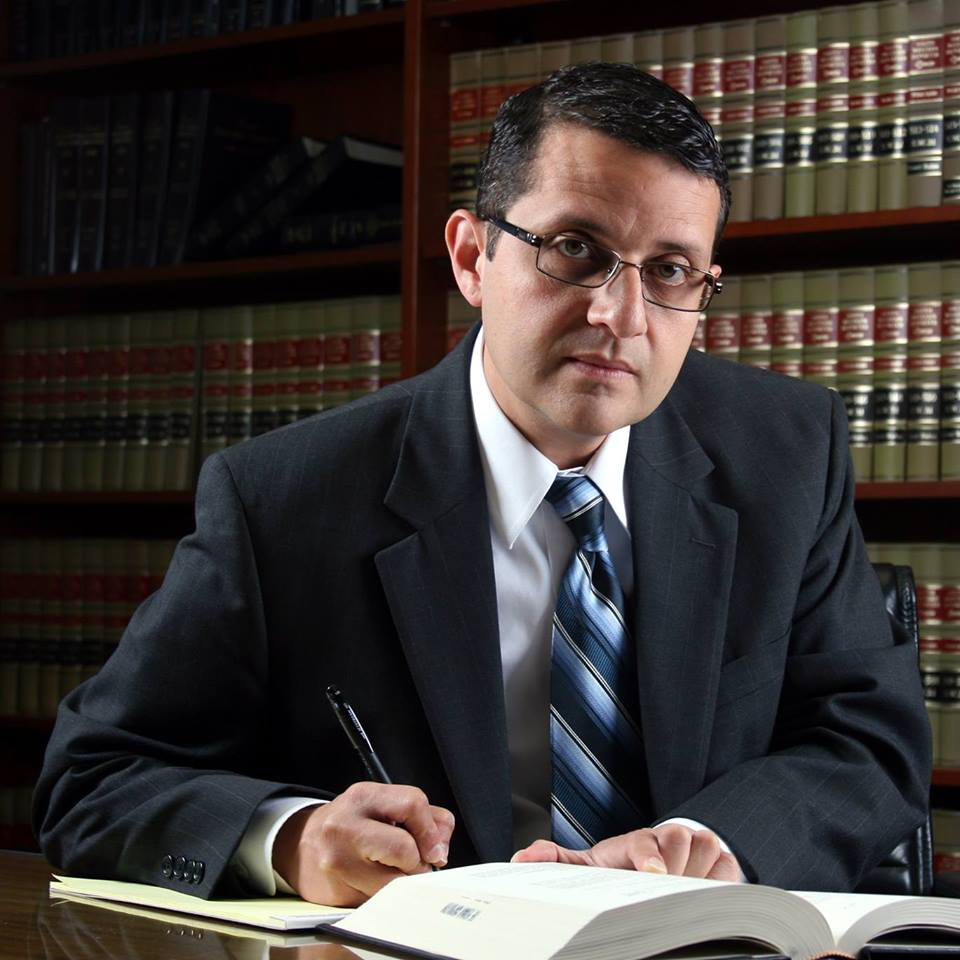What happens when monthly payments pile up faster than income can cover them? For many Texans, growing credit card and loan balances turn into constant calls from collectors. As stress mounts, some turn to settlement companies that promise quick fixes but often leave clients in worse shape. Others seek help from a debt settlement lawyer — someone who can step in, communicate directly with creditors, and negotiate realistic repayment plans backed by legal protection.
At the Law Office of Joel Gonzalez in Corpus Christi, clients gain access to lawful, structured debt relief options designed to stop debt collection harassment and restore peace of mind. This article explains how debt settlement negotiations actually work, how attorneys protect clients from aggressive collection practices, and when bankruptcy alternatives such as Chapter 7 or Chapter 13 may be appropriate.
Understanding the Role of a Debt Settlement Lawyer
A debt settlement lawyer focuses on negotiating directly with creditors to reduce the total amount owed or secure more manageable payment terms. Unlike non-legal settlement services, an attorney operates within the bounds of Texas debt collection laws and ensures clients are not misled or pressured into unfavorable agreements.
Key benefits of legal debt settlement include:
- Stopping collection callsthrough direct representation and communication with creditors.
- Reducing balancesby negotiating lump-sum settlements or long-term plans.
- Preventing lawsuitsthrough timely intervention and documentation.
- Protecting credit interestsby ensuring settlements are recorded properly and verified in writing.
When needed, a lawyer can also assist in credit card lawsuit defense in Texas, reviewing the validity of claims, identifying expired debts under the statute of limitations, and ensuring creditors prove ownership of the account before any payment is made.
How Negotiations Typically Work
Debt settlement negotiations follow a structured legal process aimed at achieving fairness and affordability:
- Case Evaluation:The lawyer reviews all outstanding debts, creditor details, and financial documentation.
- Creditor Communication:Once authorized, the lawyer informs creditors of representation, which immediately stops direct collection contact.
- Settlement Offers:The lawyer presents offers based on what the client can reasonably afford — often a reduced lump-sum payment or structured plan.
- Written Agreement:Once a creditor accepts, a formal agreement ensures that settled debts are considered “paid in full.”
- Completion & Monitoring:The lawyer confirms compliance and monitors for any violations or collection attempts after settlement.
In cases where debt levels exceed manageable limits, a Chapter 7 or Chapter 13 bankruptcy attorney may guide clients toward discharge or reorganization, depending on eligibility and financial goals.
When Legal Debt Relief Becomes the Right Choice
Debt settlement isn’t about escaping responsibility; it’s about creating stability. A qualified debt relief service in Texas ensures every negotiation is lawful, documented, and designed to end harassment from collectors.
Why face creditors alone when a professional can intervene? The Law Office of Joel Gonzalez helps Texans protect their assets and move toward financial recovery through personalized, legal solutions — whether through strategic settlements or bankruptcy relief.
To stop debt collectors and begin working toward resolution, contact the Law Office of Joel Gonzalez today. With experienced guidance, you can take back control of your finances and put constant collection stress behind you.








